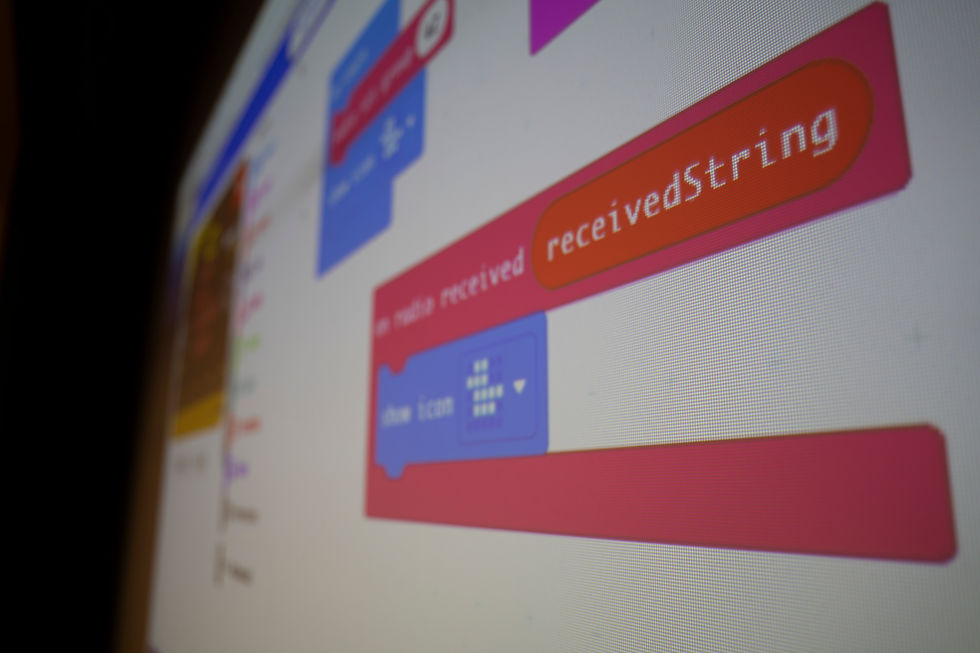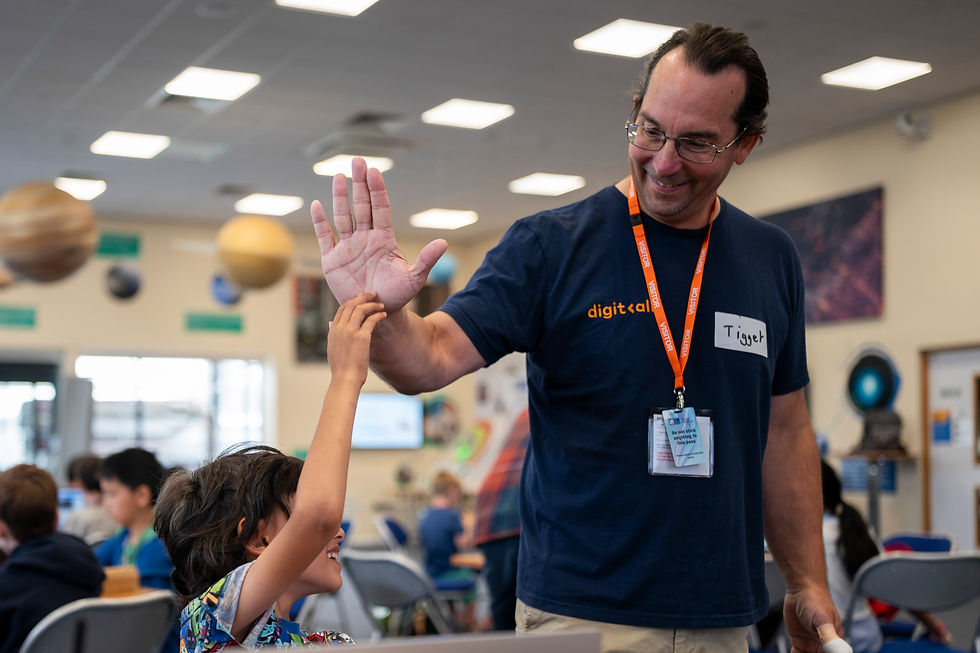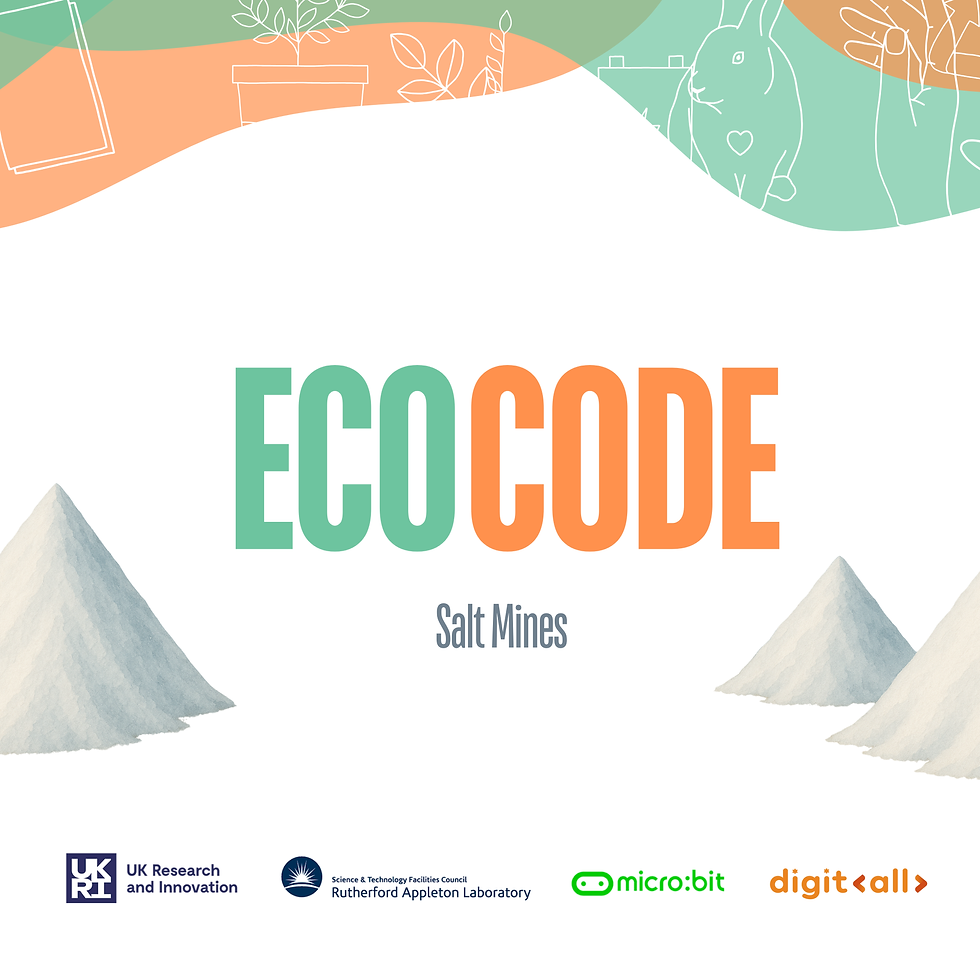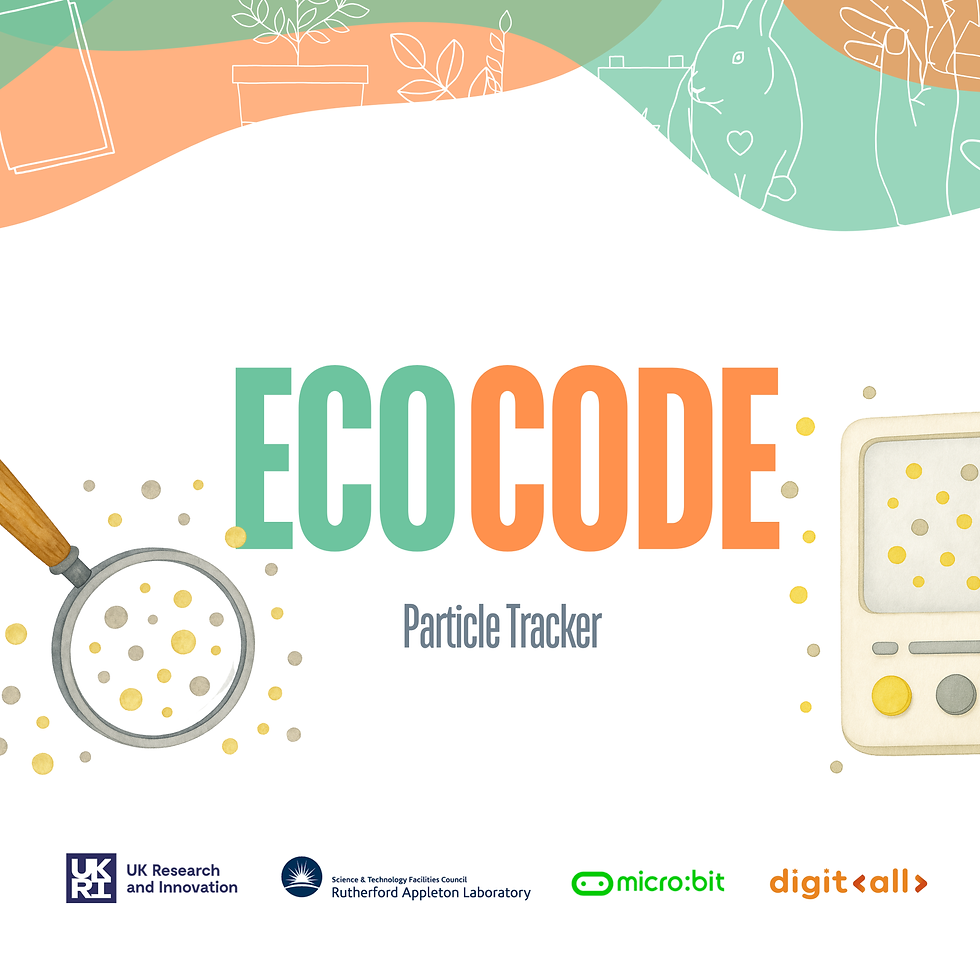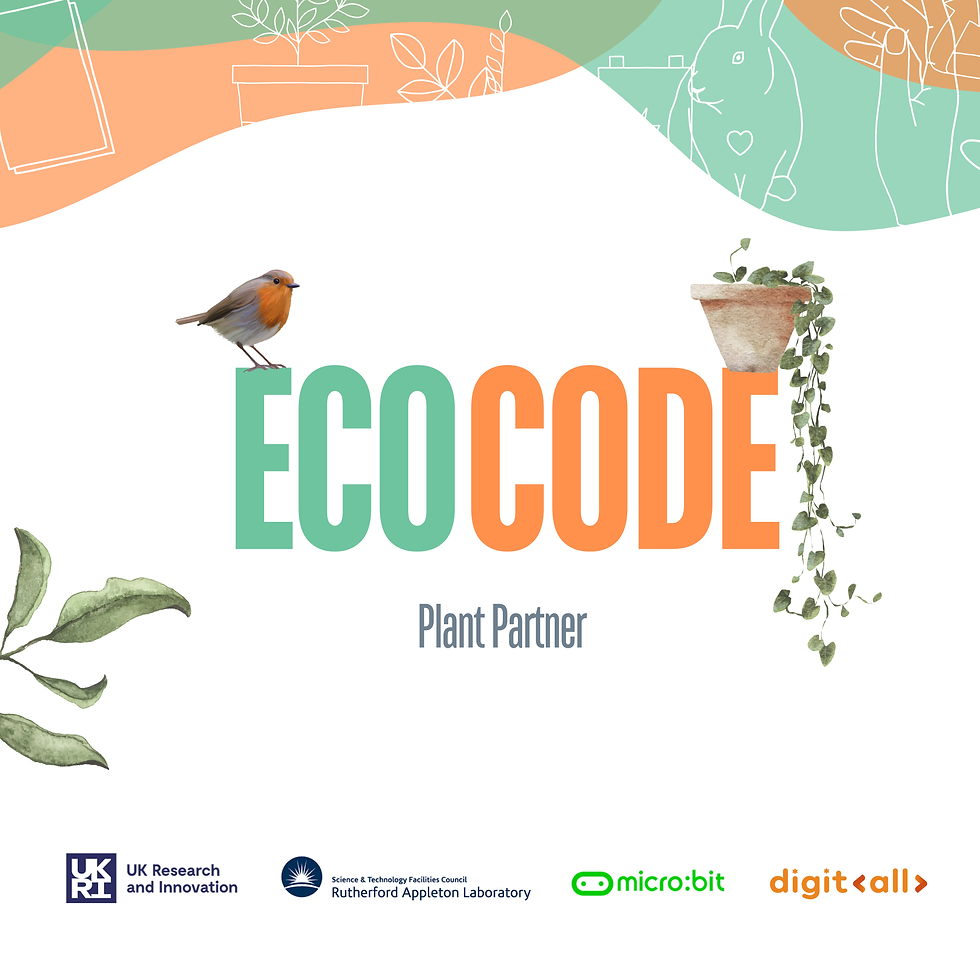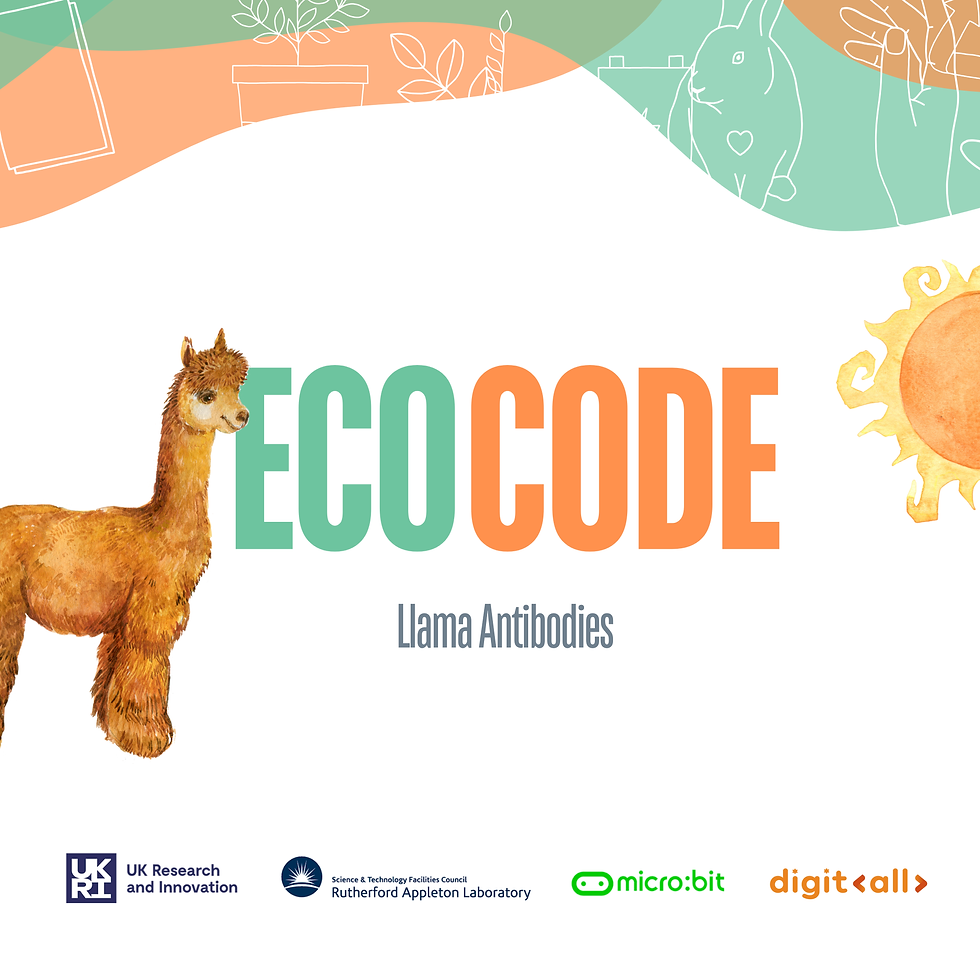

ECOCODE
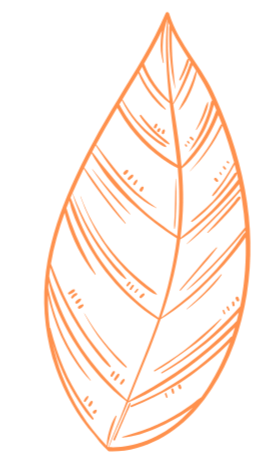




Sustainable Computing with the micro:bit
Give young people hands-on physical computing experiences through the lens of the latest sustainability research from UKRI. Book a workshop, upskill with EcoCode training or access our ready-to-use resources.
-
Learn coding and computational thinking through the lens of sustainability
-
Develop and apply knowledge of AI
-
Hands-on activities with the micro:bit
-
Inspired by research at the Rutherford Appleton Laboratory
-
For schools and community groups

Download activities from our EcoCode resource library, complete with slides, activity plans and guidance.
Delivered in your school by experienced computer science teachers, available across England. Devices and micro:bits can be brought if needed. Book by clicking above ☝️
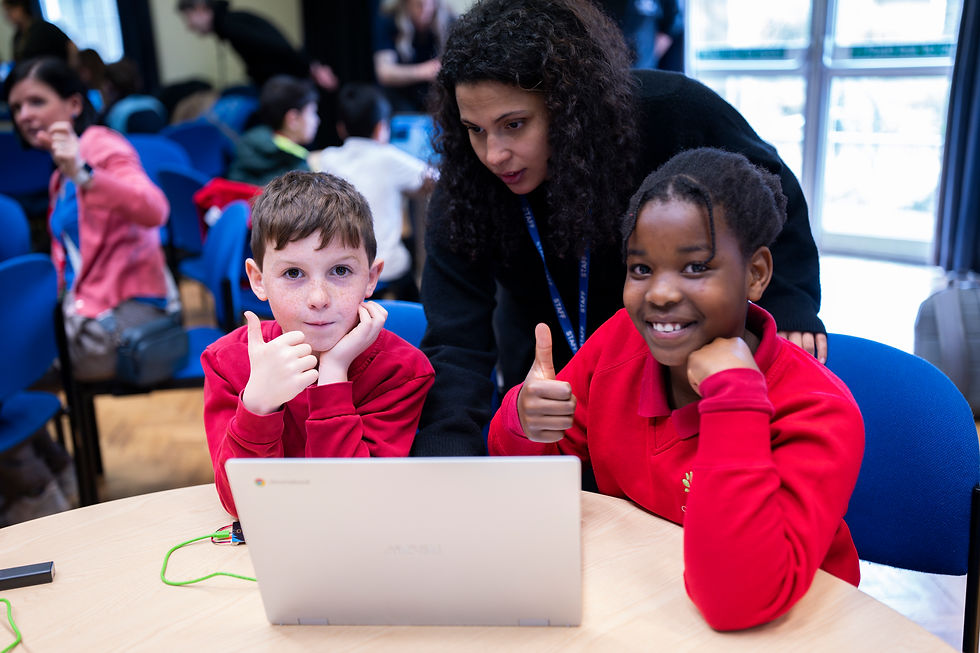
Training (online)
Train‑the‑trainer sessions so staff can run EcoCode independently. Online via Zoom. In‑person slots in Swindon, Reading and Birmingham. Enquire below👇
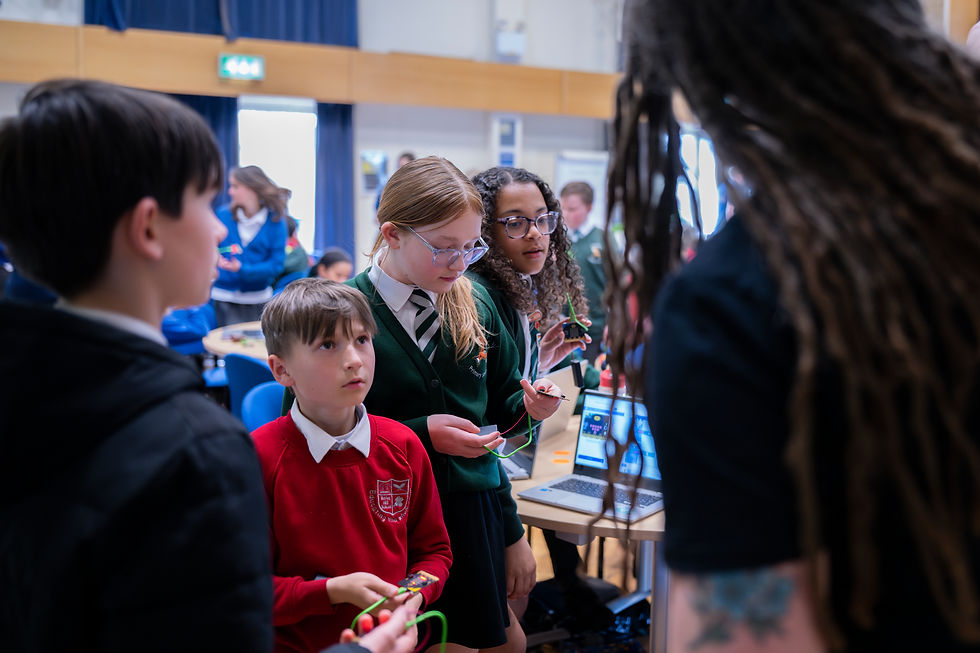
Community events (face-to-face)
Take part in EcoCode showcases, coding fairs and sustainability-themed STEM days. Great for connecting schools, families and local partners through hands-on digital activities. Enquire below👇
Resources
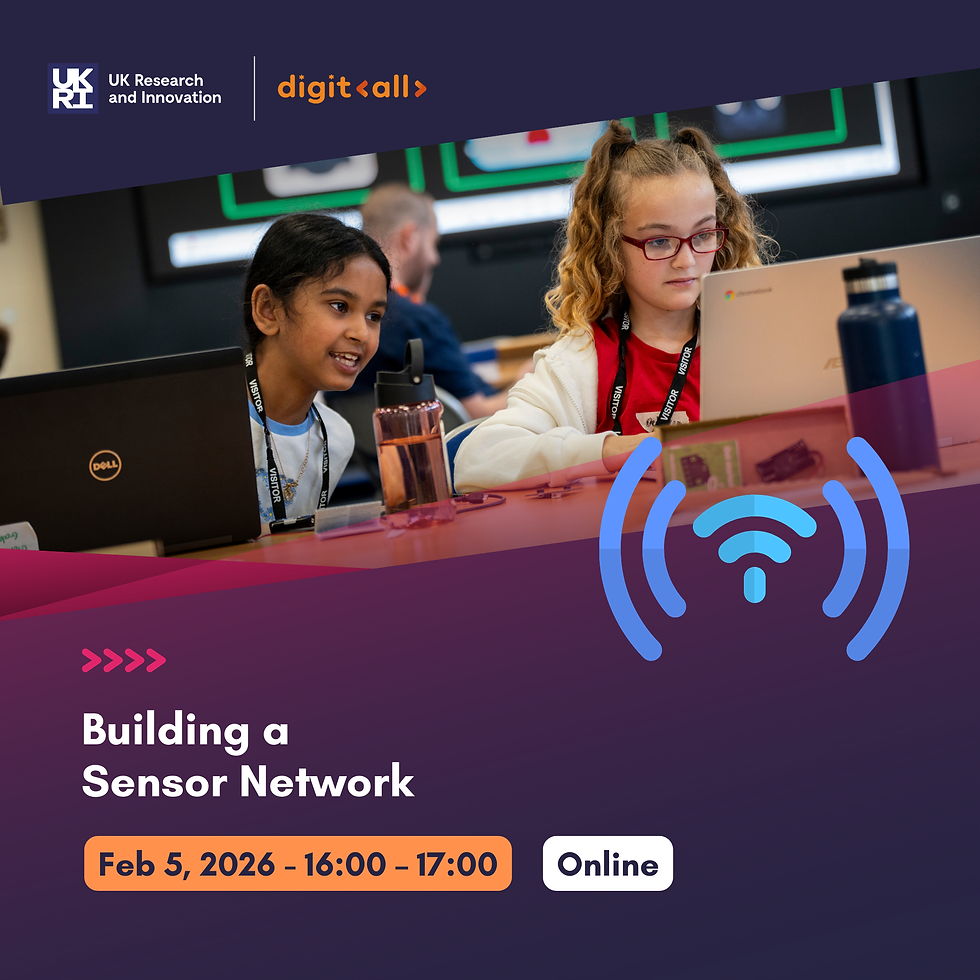
 Building a Sensor Network05 Feb 2026, 16:00 – 17:00Online
Building a Sensor Network05 Feb 2026, 16:00 – 17:00Online
 micro:bit basics: Coding for Sustainability and Climate09 Feb 2026, 16:00 – 17:00Online
micro:bit basics: Coding for Sustainability and Climate09 Feb 2026, 16:00 – 17:00Online
 Collaborative Computing: micro:bit Activities for Group Problem-Solving10 Feb 2026, 16:00 – 17:00Online
Collaborative Computing: micro:bit Activities for Group Problem-Solving10 Feb 2026, 16:00 – 17:00Online
Why not join our EcoCode WhatsApp group?

